In recent years I’ve been meeting migrants, ex-pats, exiles from the US more frequently. It’s hard to say whether that means there are more of them in my various European haunts now, I am less afraid to be caught in conversation with them, or some secret inner part of me seeks them out as I get older and softer.
What I find striking about nearly all the long-term non-US residents I encounter is that they all seem to have a serious connection to the country. Like an umbilical cord that remains uncut. They subscribe to and read the US press; they watch US TV shows, follow US sports, discuss US politics like the responsible voters most of them are. They know about social trends in the US, talk about all these things as though they are “theirs.”
Yet at the same time these are people who are multilingual, fully invested in and integrated in the countries in which they live. They have been living outside the US for a decade, or a quarter-century. Still, there’s that umbilical cord.
The Ugly American? Not me
When I first left the US, I was determined not to be taken for one of those bright young things setting out to conquer the new world. Prague was my destination and I was a journalist with a handful of business cards and a fair command of Czech. I was not one of the 20-somethings drawn by the claim that “Prague is the Paris of the 90s.” I was not there to drink cheap beer, teach English, and write the Great American Novel.
As it turns out, my Slavic face and my Czech surname1 prevented me from being recognized as American. When I moved to Bratislava to work for British and German news providers, the transformation was complete– since the tetchy and paranoid Slovaks took me for Czech2.
And so it went, as I bounced from one Eastern European post to the next. By the time I got to Riga, I was “that German girl,” unable to convince my Mancunian and Scottish journalist colleagues that English really was my native language (I could rarely understand them the first time around).

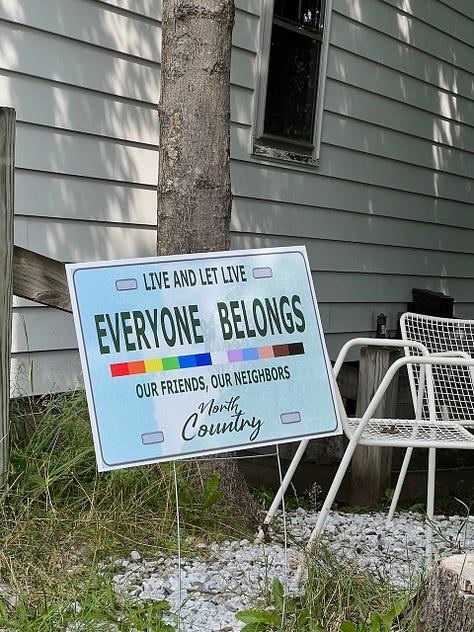
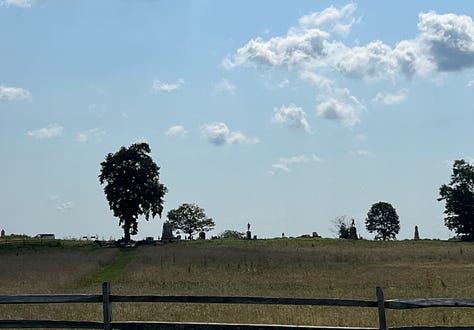
Still. I registered at every US Embassy, insisted on getting my voting papers every four years, and signed my tax forms (1040, the long one) every year. I even paid off my student loans in those first years abroad. I didn’t slam the door behind me, even if I had no intention of returning.
Some years after I had emigrated, I asked my mother – who had driven me, my two suitcases and five-pound “laptop” to Newark airport one hot June day – if she had considered then that I might not return. Maybe I just needed to get out for a bit, see the grandfatherlands, chase some dream of being a foreign correspondent, and then I could come back. She did not hesitate with her answer: “I knew you were gone for good.”3
Europe was my home, and there were plenty of US situations in those years that made me happy to stay under the radar. Bush One and the Gulf War, Clinton’s impeachment trial4, the US-led NATO bombing of Yugoslavia. Bush Two and the jaw-dropping horror of 9/11, followed by the macho posturing of the “War on Terror,” the invasion of Afghanistan, the Iraq War.
Eventually I married another European (German) and we moved to Switzerland, where we both found work in our respective fields. Much to my chagrin, I did not gain a second citizenship through this marriage. We still have the letter from the Auswärtigen Amt in Berlin informing Herr Doktor G that the naturalization of his wife did not lie in the German public interest, a conclusion I found hilarious at the time because I had worked for a German company for years and even paid taxes in Germany despite never living there.5 No one really knew I was American in Switzerland until they looked at my papers. We always spoke German and lived like everyone else, just regular working stiffs. Gastarbeiter, to be honest, on one-year visas at the onset.
We returned to the US frequently. There were no traditions like every Christmas or every Thanksgiving or for certain weeks in the summer– US and European school vacations do not mesh, at all– but we visited my parents and now grown-up siblings at irregular intervals. Graduations, weddings, baptisms, major birthday bashes: those crazy rich Swiss people jumped on a plane every time.
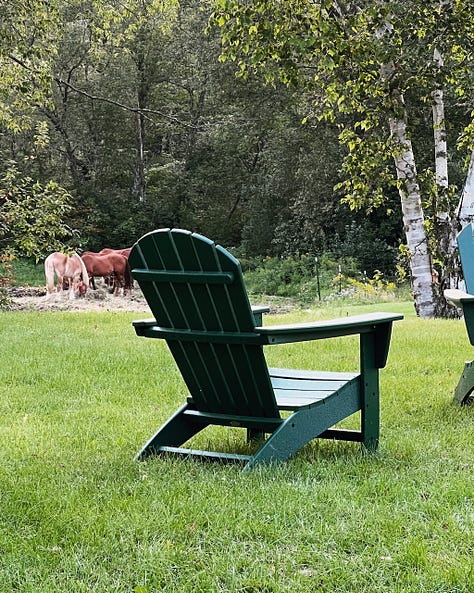

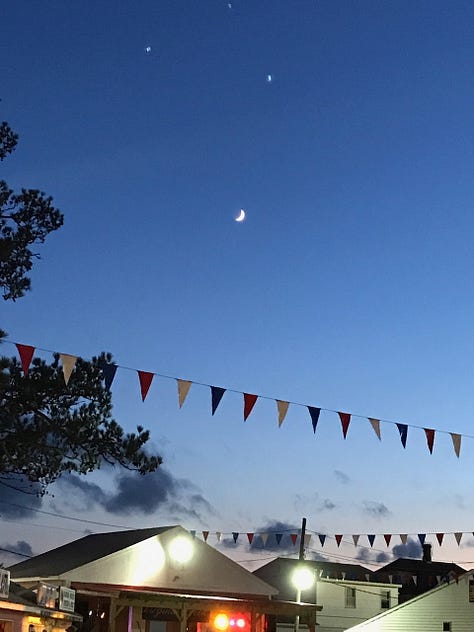



I can’t quite pinpoint exactly when it all began to seem foreign to me. Okay, the grocery stores overwhelmed me when I was living in emerging markets. But I began to feel even more foreign than I had before I emigrated. I didn’t understand how Fox News could be interesting. People didn’t get the daily paper anymore; in some places, there was no daily paper anymore. Stores, cars, streets, houses seemed to be getting bigger every time I returned. So did the people.
Becoming Swiss, at least on paper
When we had finally lived here long enough to apply for citizenship, we did. Our family of three wanted a common nationality, so we jumped through the hoops and became Swiss. That was right around the end of the Obama years. My initial euphoria at his election6, the hope that my parents had in the 1960s when they bought a house in an “integrated” neighborhood in Chicago that one day skin color wouldn’t matter, all had faded by then.
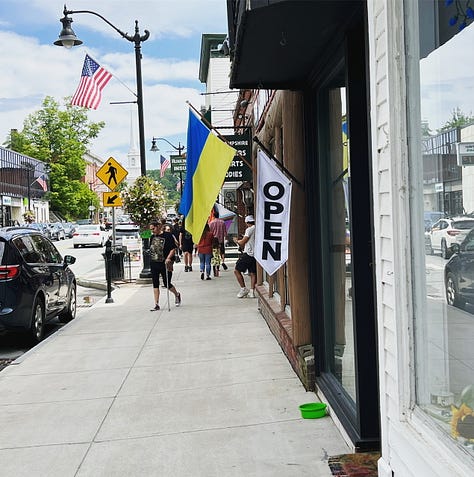
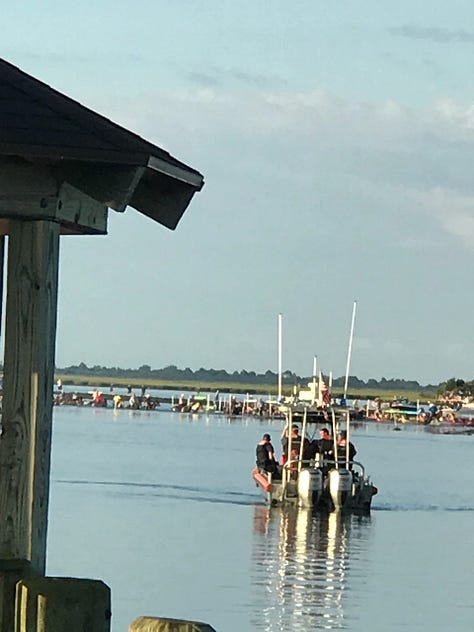

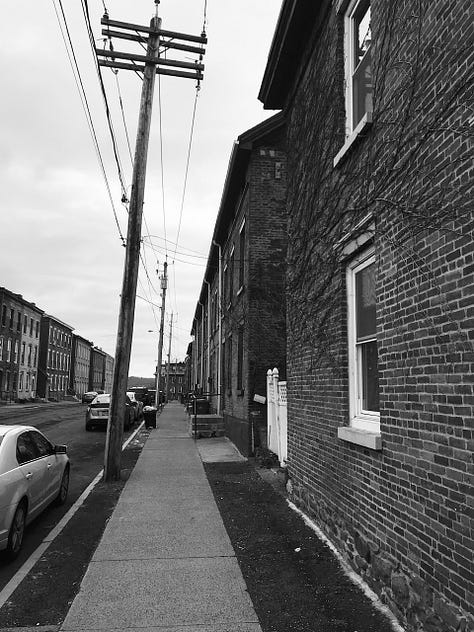
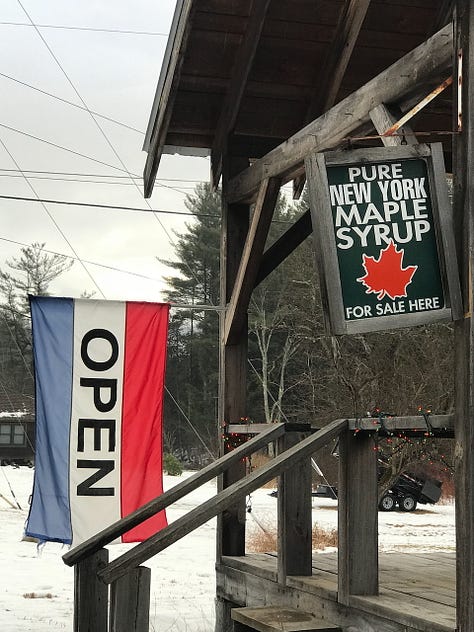


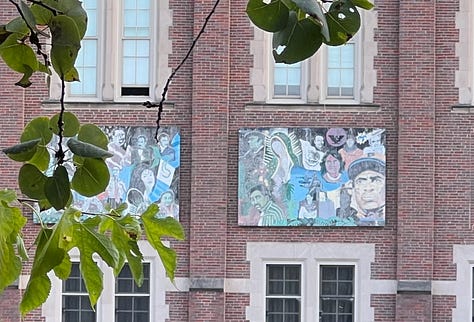

And then there were people saying nasty, clearly untrue things about Obama. Not just people sitting on barstools somewhere in Podunk, Kansas, but “respectable” people. People with prominent positions, who should actually know better. Then the bizarre things said about Hillary Clinton and the Democrats during the 2016 election campaign. I began to wonder if these were just the wacky bits picked out by European correspondents to flash to their readers at home– these crazy Americans!– because it just did not seem substantial.
Watching the election results roll in, all night long on CNN, was like watching a slow-motion train wreck. It was then that I realized how out of touch I had become.
Taking the plunge
Being an American on paper only was an onerous task, especially in Switzerland where it had become impossible to open a bank account as a US citizen. I hadn’t had any financial ties to the US for decades, yet was treated like a criminal tax evader. I was tired of hiring lawyers and accountants to help me maintain everything correctly, and when my banker informed me that my pension funds could no longer be invested because US citizens were not allowed to hold certain investments anymore, it was the last straw. I broke down and began gathering the paperwork to renounce my US citizenship.
It was a rational yet very emotional decision. Over the years I had made peace with my Americanness, realized all the good things I carried within from growing up in “the land of the free.” The willingness to try, not succeed, and try something else was not in the European DNA. A general optimism without fear of the unknown. A belief in civic responsibility. I had spent a decade living in countries where the right to vote for a candidate that represents your values and interests had been – and in some cases, still was– impossible. If anything, my time living as a not-really-American opened my eyes to everything I treasured about the country of my birth. When the day of my appointment at the embassy in Bern arrived, I was sad but mostly angry. To be honest, I felt a bit kicked-out. And that anger has stayed with me.
The 2020 presidential election was the first time I was no longer able to vote, which was strange. The ineptitude of the Democratic Party to make the necessary generational change was striking (“Dems in Disarray,” thank you NYT). The rabid winner-takes-all mentality of the Republican Party was bizarre, to say the least. Long conversations with my father in New York, who was a Reagan Republic much to my late mother’s frustration, revealed his desperation at being abandoned by his party. Though I was no longer a citizen and thus personally had no dog in the race, I sobbed in front of the television on January 6, 2021. This was not my country, anymore.
Over the next years, my emotional distance increased. Everything that happens in the US affects the rest of the world, and I was perfectly fine with interpreting and understanding the global consequences without feeling somehow responsible for them. My journalist’s soul knows how to do that, and the rest of me was learning.
The last change of power in Washington hit me differently, though. Maybe I’ve finally moved through the Kübler-Ross stages of grief to arrive at acceptance.
I never thought I would be HAPPY to not be a US citizen.
Relieved in a certain way, sure. It was good to stop worrying about my future and whether I was going to get tripped up by some new rules for US citizens abroad. But the unpredictability and willfulness of the US Government and the fact that this sublimation to power and money is now all too visible in all three branches is, frankly, terrifying. I am happy to be beyond the reach. I worry a great deal for my family and loved ones, I mourn the evolution of a system and society into something not unlike I observed in Russia at the turn of the millennium. And I support the efforts of good people to not give up.
But, it’s not my fight anymore. Now I only have to worry about global economic collapse and war as a result of the greed and immaturity steering US policy. That’s quite enough.
If you like what you just read, but can’t commit to a full subscription, you could toss a few virtual coins in my hat. Thanks.
Mysteriously, for the Czechs and Slovaks, without the female suffix -ova
The government-controlled newspaper once accused me of being a Czech spy!
Now being a mother myself, I am impressed at her perspicacity and emotional control. Sure, at that point I hadn’t lived with my parents for almost a decade, but it still must have been mind-blowing to send your oldest on a one-way journey halfway across the world, with no forwarding address (and no internet and no mobile phones, then).
How silly that seems now. He cheated on his wife! Had consensual fumbling with a younger woman in the office! And didn’t want to fess up! One longs for such “problems” today.
Due to Germany’s blood laws, I was able to carry bear a German child, though. German at birth in Switzerland. I joke that the closest I have ever come to EU citizenship was when I was pregnant with my German baby.
Obama was a brilliant orator, but an ineffectual administrator.






Thank you, Carolyn, for sharing a very personal account of your relationship with the United States. You've been through a lot, both there and during your time in Europe.
You're right about that umbilical cord--it's been 16 years since we left the U.S., and before that I'd lived in Munich for a year. But I read the NYTimes daily (along with three other European papers) and anguish along with everybody else about the country's political trajectory.
On my father's side there's a long family history in America going back to the 17th century. My 3rd great-grandfather served in the Revolutionary War, my great grandfather in the Civil War, my father in World War II. My mother was the daughter of Irish immigrants, my grandmother a French-speaking Acadienne from Nova Scotia. Those family ties are strong.
That umbilical cord isn't made solely of sentiment, however. Having spent two-thirds of my working lifetime in the US I'm financially invested as well. The value of USD makes a tangible difference to us (though I'm glad to have retirement income in Euro as well), and it seems like policies are all up in the air. Will I be able to continue to vote in 2026? Will it become more difficult to access assets in the US from outside the country? Who knows, but the uncertainties of this moment focus our attention on what's happening there more than even a few years ago.
Thank you so much for sharing this, Carolyn. It really is such a layered topic, and I’m struck by how many of us are navigating these trade-offs quietly. I’ll be thinking about your piece for a while. And bravo for the cool photos, they brought it to life.